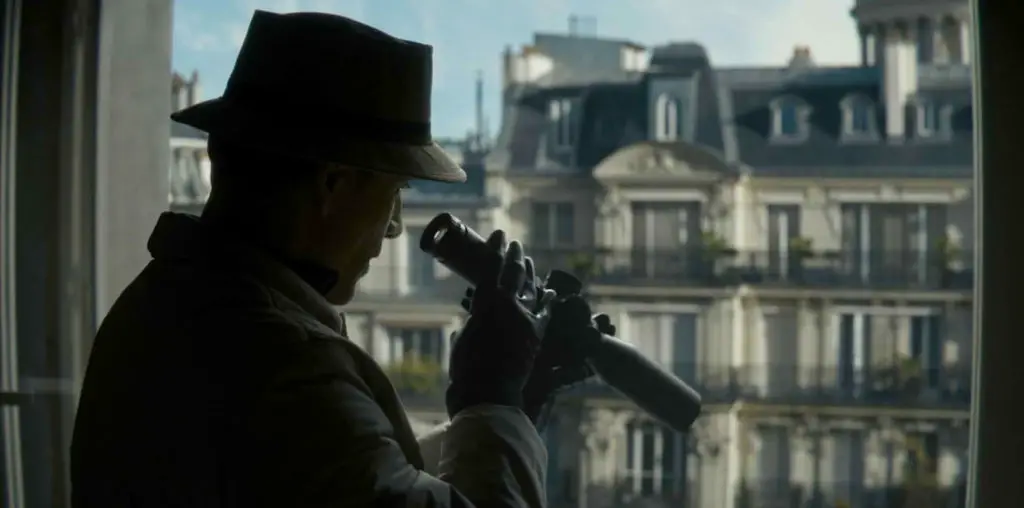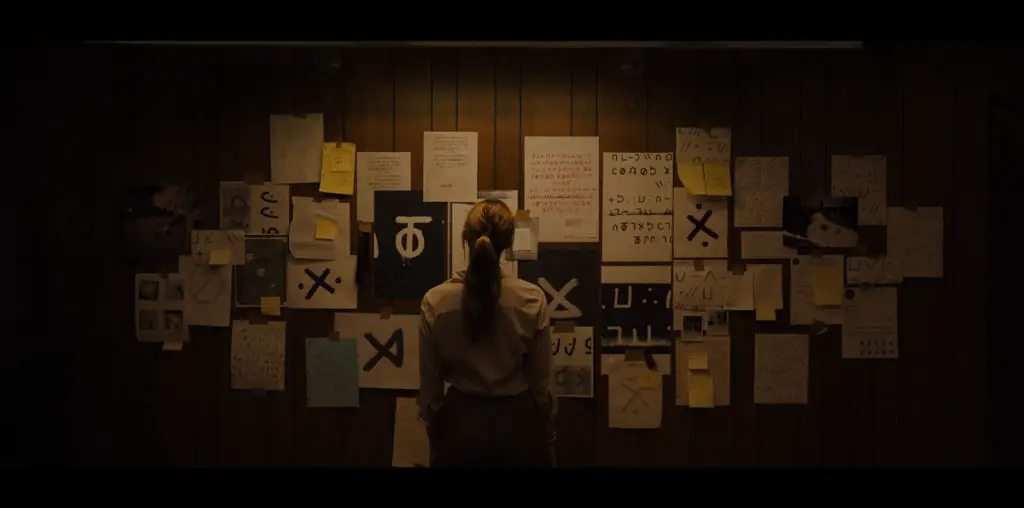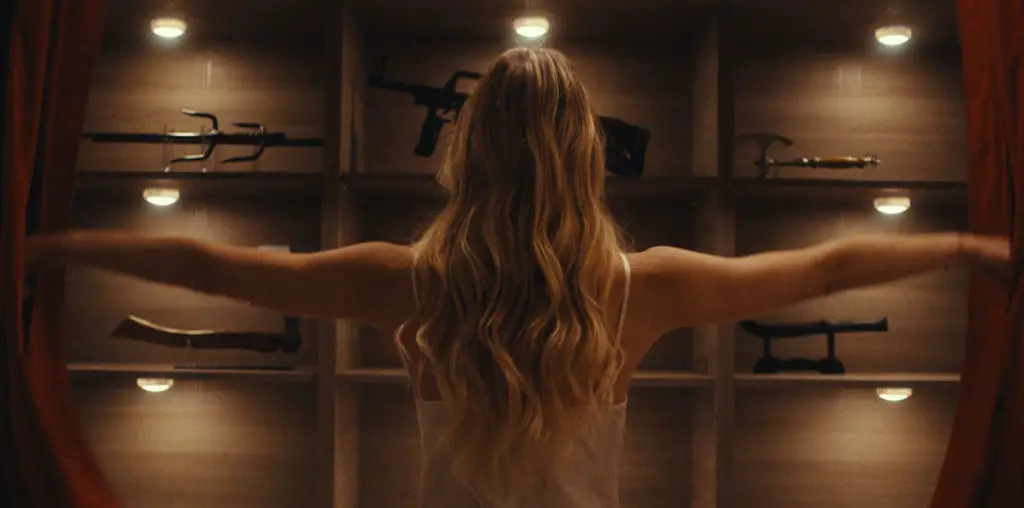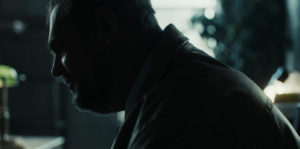
NOW ON PRIME VIDEO! Everyone finds their own way to deal with their mid-life crisis, with some people buying sports cars and others completely rethinking their professional lives. Writer-director Andrew Dean’s Chameleon follows Knoll Ashby (Henry Held), a detail-oriented real estate agent with a successful professional life. As he enters his mid-life crisis, Knoll finds himself obsessed with the idea of spicing up his monotonous and decides to kill for the first time. Giving in to his inner voice, Knoll soon finds himself extending to much more than a single murder.
When it comes to sociopath characters living in a gray, sad world plagued by violent people, Dean finds inspiration in the director who has made it his trademark: David Fincher. The major influence of Fincher on Dean’s approach is clearly evident. From the cold, green, and grayish-blue palette of each sequence to the millimeter-perfect camera tracking of the character’s movements in the frame, you can see everything that is Fincher in this film. The screenplay is ideally suited to this method of filmmaking, with its detail-oriented protagonist characterized by a methodical attitude. Knoll is very similar to Michael Fassbender in The Killer, down to Knoll reassuring and calming himself by repeating the phrase, “Alaska, Nebraska, Maine, Wyoming,” while Fassbender’s unnamed killer states “Don’t improvise” over and over.

“…Knoll finds himself obsessed with the idea of spicing up his monotonous and decides to kill for the first time.”
Where Chameleon really shines is in its narrative structure. The first half shows Knoll gradually sinking into an adrenaline addiction, satisfied only by killing. Dean then chooses to reverse the perspective by placing the second half under the gaze of Detective Dietz (Steven Garland), who is desperately trying to solve the murder case. This intelligent change regenerates our interest in the plot and removes the burden on the filmmaker of relying on a character for whom we no longer have any empathy. At the same time, the film shifts into a dynamic closer to Zodiac or True Detective, with its obsessive quest for answers.
Although the film is supported by a solid cast with performances largely up to scratch, there’s a regrettable lack of ambivalence in Henry Hold’s portrayal of Knoll. Hold leans heavily on the sociopathic side of his character (rightly so), leaving little room for other sides of his personality, resulting in a sometimes monotonous performance. Nevertheless, Dean strikes a good balance between pacing and characterization and, above all else, he executes the direction finely. The filmmaker also adds many important elements to the film’s soundtrack, which, again like The Killer, goes hand in hand with the main character and his need for adrenaline. At the same time, he introduces a strange, heavy electronic soundtrack in many scenes to build effective tension.
In the end, Dean manages to stage a beautiful dance between his two main actors, circling each other in a chess game where each day spent adds more bodies to the counter. While taking Fincher’s signature style for his film is a fine idea and the film works more often than not, it must be admitted that it slows down a little, sometimes to its detriment. Nonetheless, Chameleon remains a highly masterful work in both script and direction.
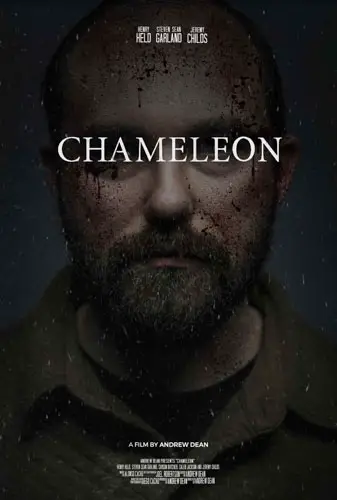
"…a highly masterful work in both script and direction."
